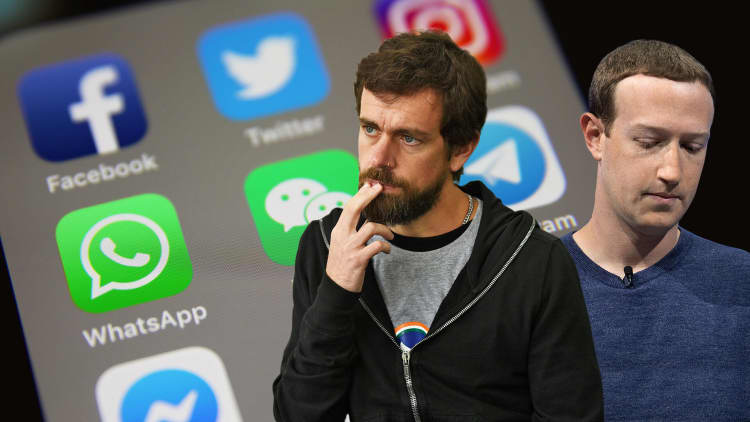Advertisers' July boycott of Facebook over hate speech didn't go far enough, for some.
The boycott — which saw more than 1,000 advertisers pause ads as part of a campaign named StopHateForProfit — is set to have an impact on the social media giant's third-quarter earnings, Facebook said in a results announcement last week.
Large businesses such as Unilever, Starbucks and Coca-Cola joined the movement, as did Pernod Ricard, whose North America CEO and chairman Ann Mukherjee noted the latest campaign wasn't the first time businesses have paused ads on social media over hate speech. In 2017, L'Oreal, Coca-Cola, Microsoft and others pulled advertising from YouTube over the misplacement of ads next to extremist content.
"We call it just this whack-a-mole — and just one boycott versus another boycott, I mean, it's not enough … Companies have to work together to hold the platforms that we spend money on [to account] and making them transparent … And no boycott on its own is going to get there. It is a step and we as advertisers have to be part of the solution," Mukherjee told CNBC by video call.
Pernod Ricard is developing a series of apps for consumers to report hate speech online and wants to work with other businesses to tackle such content, and Mukherjee said people now want companies to take a stand on societal issues. "Consumers are not just buying brands. They want to buy into brands. They want to understand your values, what you stand for and what you stand against. Employees today want to join companies that they can also buy into," she stated.

For Amy Williams, a former advertising agency executive, brands may turn to putting their ads on platforms that support positive content. "It's great to stop, to think about how we can stop funding hate, stop funding misinformation, stop funding Holocaust denial. They're all negative actions that are a great foundation. But then the evolution of that conversation has to be what can we fund instead that's positive?" she told CNBC. Williams cited Brand Advance, a media group that places ads on websites from diverse publishers, as an example.
Williams runs Good-Loop, a platform that lets people donate to charity after they've watched at least 15 seconds of an ad online. She founded the business in 2016 to tap into a need she saw from larger companies that wanted to make positive changes. "This was just at the time when Unilever had done this big study that showed their sustainable and social brands grew 50% faster than the rest of their portfolio. So, to put it another way, they sell more soap by doing good in the world. And for me, that was just such a powerful idea that you can get these big corporate entities to care about doing good because it affects their bottom line," she told CNBC.
Unilever has pulled ads from Facebook and Twitter for the rest of the year in the U.S., it said in June. And, according to Eric Levy, a lecturer in marketing at Queen Mary University of London, it may be a while until some companies return to social media. "With things downturning a bit, brands are spending less. But I think that brands are going to start to spend more once the economy picks up, and possibly also after the (U.S. presidential) election," he told CNBC.
As for the platforms, Levy suggests that there will still be decisions to be made about what content gets removed. "People like President Trump are saying that the platforms have a liberal bias and are really censoring conservative content rather than just censoring extreme content. So, I think this is a really tricky issue moving forward of how platforms are going to navigate this, deciding what's hate speech and what is not."

